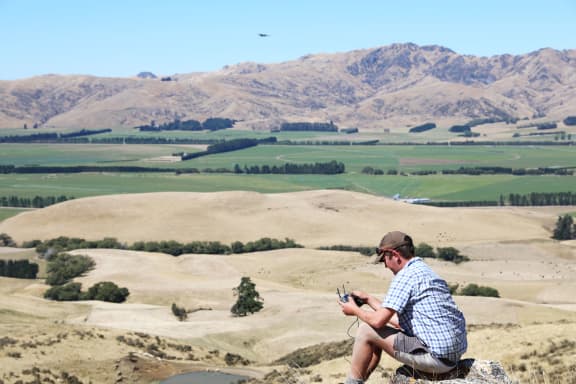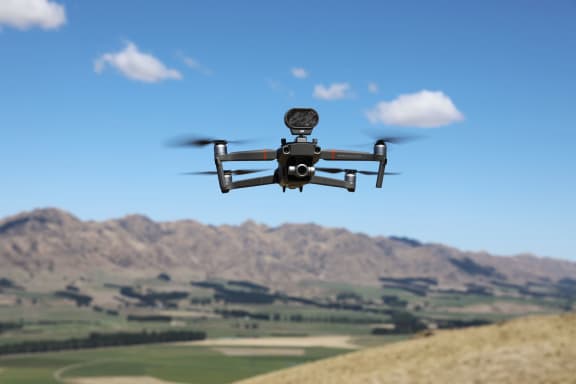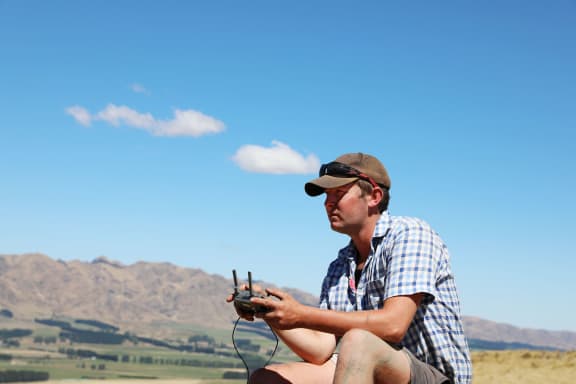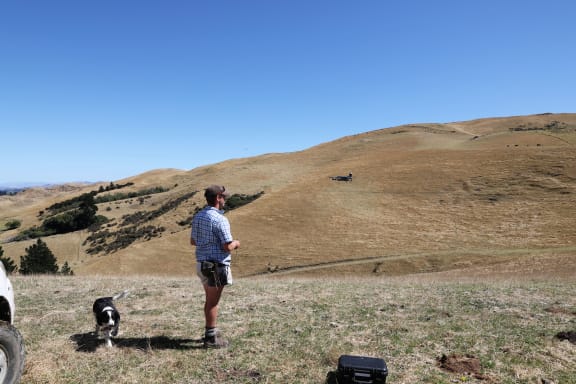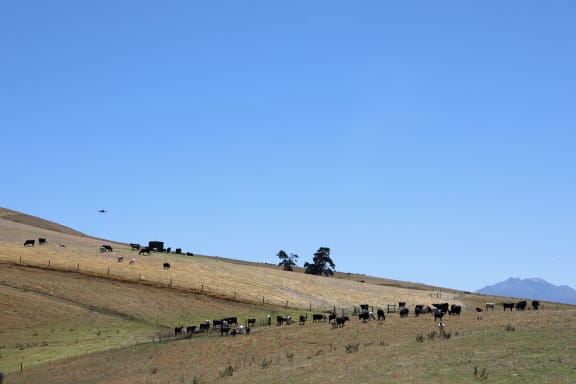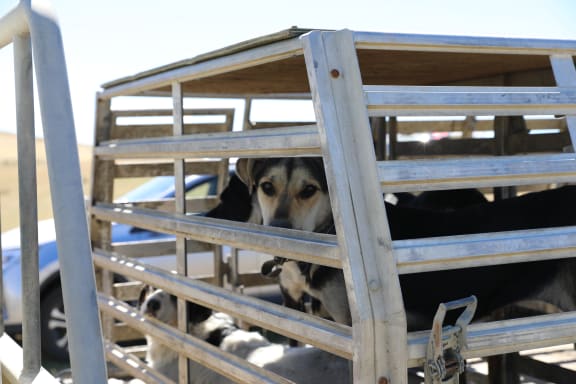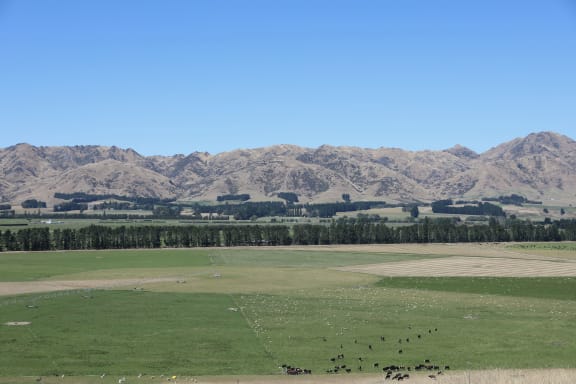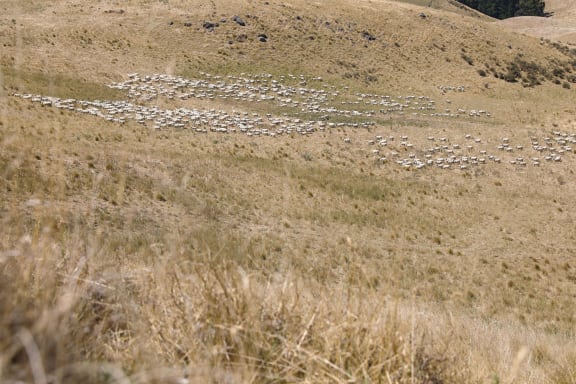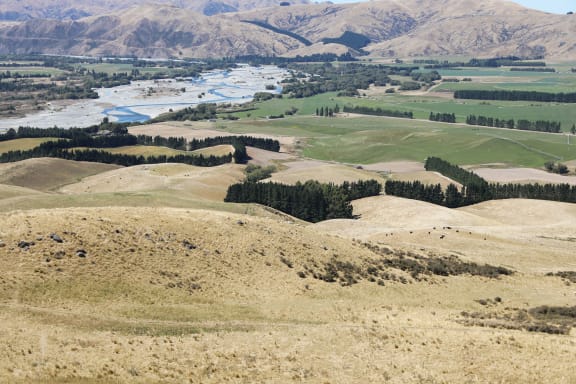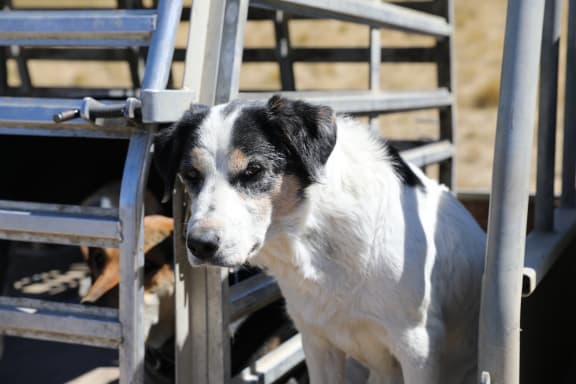Robots aren't just stealing human jobs, they're after man's best friend too - now there's a drone that can bark like a sheep dog.
The latest drone developments come as more farmers have started using the technology for work on the farm in recent years.
Drone specialist from Christchurch-based DJI Ferntech, Adam Kerr, said the uptake in drones for agricultural uses had now made the National Agricultural Fieldays in Hamilton one of the biggest events in the company's calendar.
"The past two years have seen farmers embrace drone technology to help with those jobs that are dirty, dangerous or just plain dull," he said.
Corey Lambeth, a shepherd on a North Canterbury sheep and beef farm near Rotherham, said his drone had made work such as moving stock and checking water and feed levels more efficient.
"Winter time it's ideal for flying it sitting at home on a cold day I don't want to go outside, so I fly my drone round, have a look make sure all my stock are behind the wire.
"Also when we're lambing we can fly it round, it's ideal with the [camera] zoom, going right in, looking at it [the drone monitor], not even disturbing the ewes," Mr Lambeth said.
The latest drone model, the $3500 DJI Mavic Enterprise, can record sounds and play them over a speaker - allowing a dog's bark, or other noises, to be loudly projected across a paddock.
Mr Lambeth said this feature helped move stock along faster during mustering while stressing the animals less than a dog could.
Cows could sometimes become protective of their calves and try to lunge at farm dogs when they got too close, he said.
"That's the one thing I've noticed when you're moving cows and calves that the old cows stand-up to the dogs, but with the drones, they've never done that," he said.
Mr Lambeth said while some farmers might consider it lazy, a drone could save them time and money.
His employer, fourth generation farmer Ben Crossley, bought a drone after seeing how Mr Lambeth was using his for day-to-day work on the farm.
Mr Crossley said while some farmers struggled with the new technology, it was important to keep up.
"Just trying to get efficiencies too, to just save time, it can sometimes take half a day to find a water leak, whereas with a drone you can zip around and have it done in an hour at the longest," he said.
"I used to go an see my grandfather every night, he lived on the farm, and he used to even struggle with cellphones, so yeah, a drone would be a shock for him," Mr Crossley said.
While drones were a new part of the farming tool-kit, Mr Lambeth said technology could sometimes let you down, especially in trying weather conditions.
"With real severe wind and that, you couldn't fly a drone in it [and] with the rain as well, which I'm sure they'll be making developments on to make it more durable in winter time ... but that's when you'd use the dog on wet days," he said.
Mr Lambeth said he had no plans to start leaving his five dogs at home when it was time to go to work.
"There's definitely going to be places for dogs always on farm, the one downside of the Mavic [drones] or anything electronic is you still need to bring them in and charge them," he said.
The life span of a drone could not compete with 10 years of well look after dogs, Mr Lambeth said.

